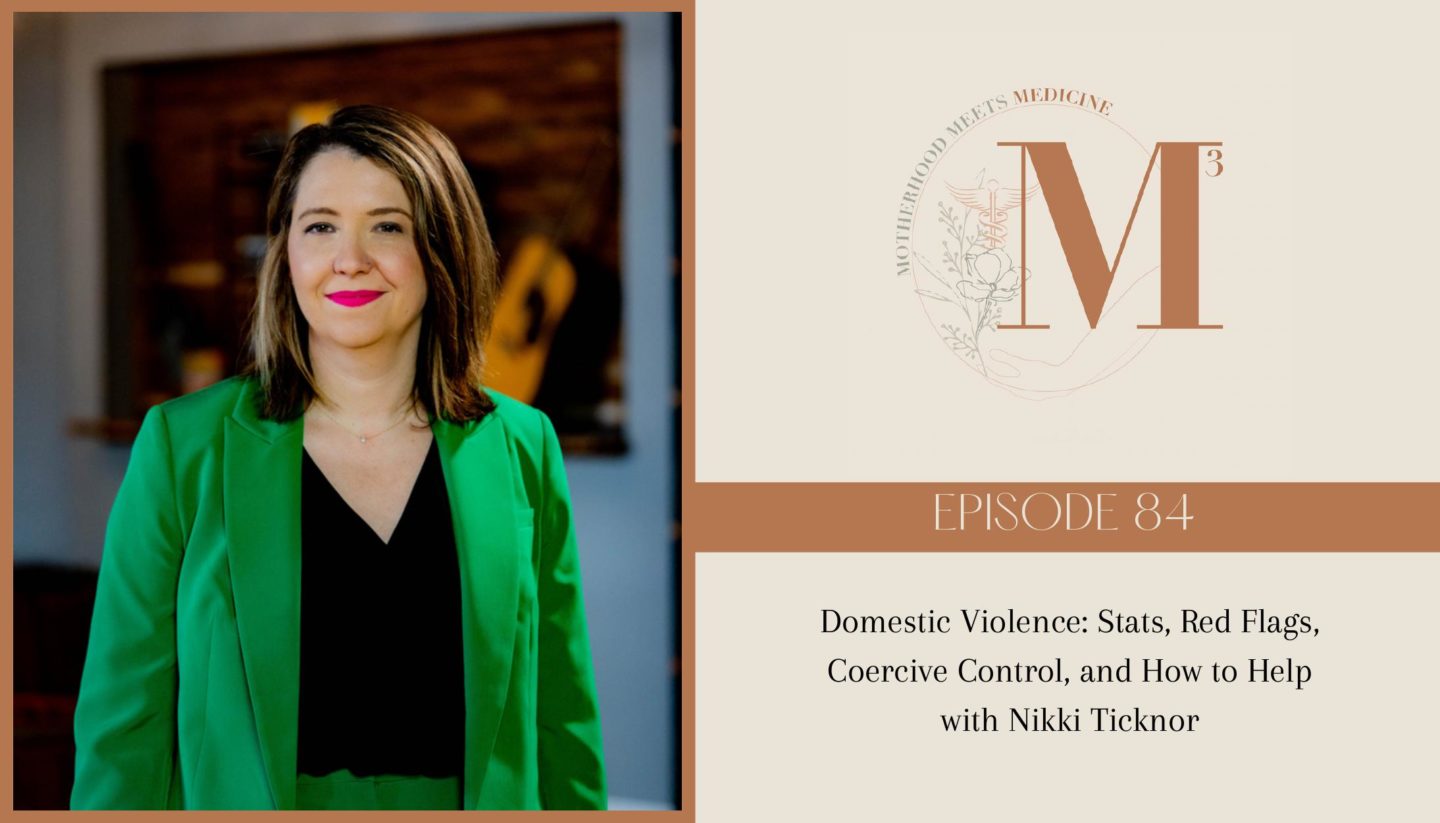hi I'm lynzy
Hello + welcome to this tiny space on the internet! I created this blog (+ changed the name twice since) 14 years ago as a creative outlet from my career in the emergency room as a PA. After spending the past 7 (or so) years on social media outlets, I have decided to delete all of the ones associated with this blog and get back to the heart of blogging.
style
home
motherhood
view all
browse by category
travel
October 11, 2022
Disclaimer: This podcast does not provide medical advice. The information on this podcast is for informational purposes only. No material on this site is intended to be a substitute for professional medical advice, diagnosis or treatment.
Subscribe to the podcast HERE if you have an iPhone – or check out this link if you want to listen on an Android or other devices.

Did you know that domestic violence is the leading cause of injury in women in the United States? You may not have experienced this yourself, or think that you don’t have anyone in your life who is a victim of domestic violence, but it is a lot more common than you think. Domestic violence can show up in many different ways, and it often begins as verbal abuse.
Nikki Ticknor joins me today to discuss domestic violence and what it may look like in different scenarios. Nikki is a licensed professional counselor and certified domestic violence professional. She has worked in the field of domestic violence since 2005 and lives in Illinois with her husband and two sons.
In this episode we talk about warning signs of domestic violence, what to do when you are in a domestic violent relationship, how to protect yourself and more. We also discuss why many victims don’t leave abusive relationships, and how friends and family can help someone who is experiencing domestic violence.
In this episode we discuss:
● Staggering statistics on domestic violence of men and women.
● What coercive control is, and how it is used in abusive relationships.
● Some dangers of dating apps.
● Red flags that often lead to abuse.
● Different types of abuse i.e. financial, and/or reproductive abuse
Resources:
- National Domestic Violence Statistics
- Listen to Nikki’s podcast, Let me Tell You Something
- joinonelove.org
Discount code from my sponsors:
- Navy Hair Care Shampoo + Conditioner: use code LYNZY for 30% off
- Navy Hair Care Charcoal Mask: use code LYNZY for 30% off
- Get $30 off your Modern Fertility Hormone Test: modernfertility.com/mmm30
- Get 20% off your first purchase of Bombas: bombas.com/lynzy
Connect with Lynzy:
- Instagram: @motherhoodmeetsmedicine
- Sign up for the weekly newsletter here
Questions Asked In The Episode:
1. What are the signs of coercive control?
2. Is it usually a narcissist that exhibits emotional and physical abuse?
3. How common is it for someone to make up an identity on a dating app?
4. What are some of the signs that a person would show that would put the victim at an increased risk for being abused by their partner?
5. What are the appropriate steps to take to leave a violent partner?
6. What are your thoughts on domestic violence and knowing pregnancy is a lethality factor?